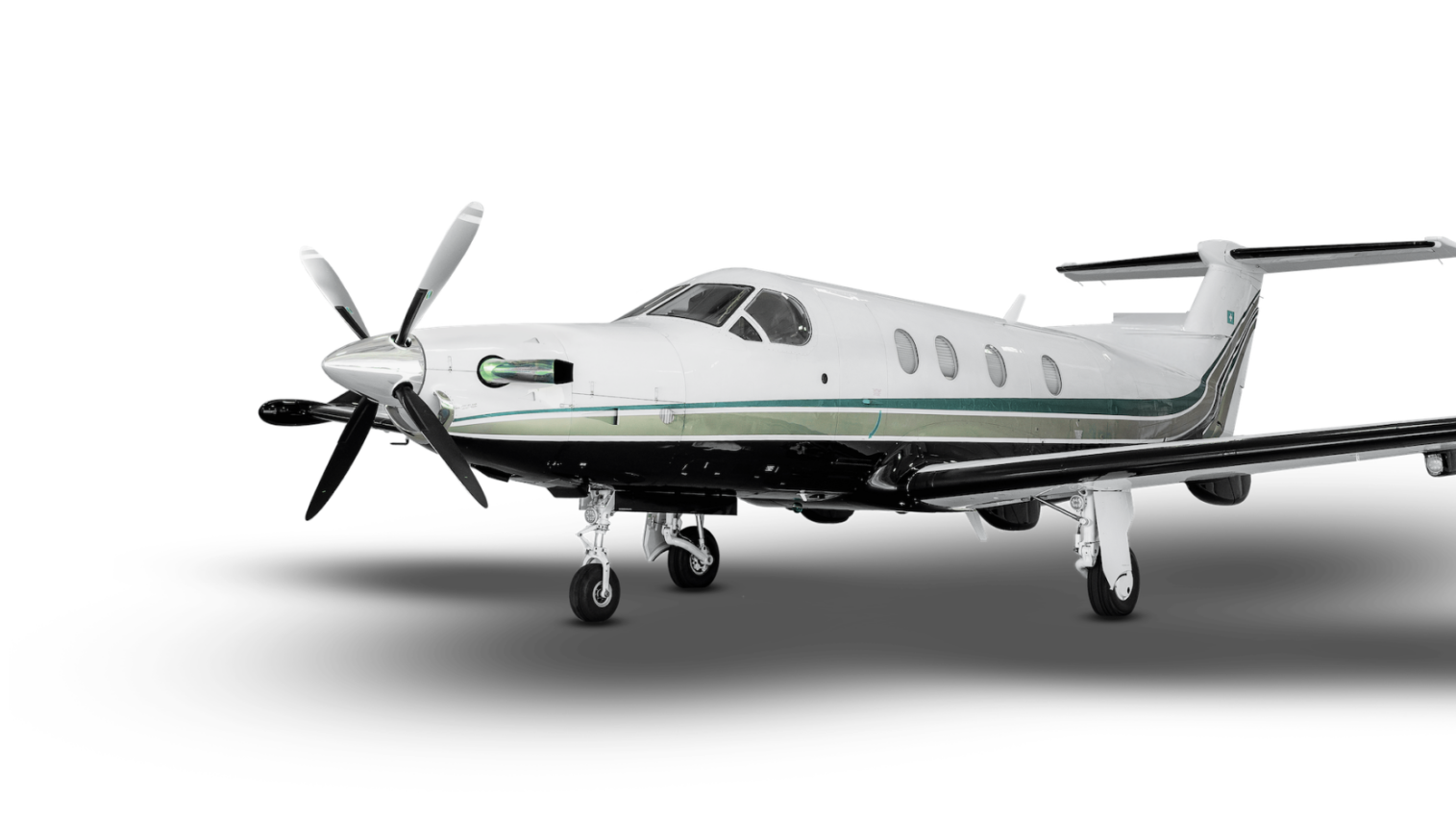

Rating agency Fitch has revised its Rating Outlook for One Sky Flight LLC. The move takes the parent of Flexjet and Sentient Jet to Positive from Stable. It affirmed its Long-Term Issuer Default Rating (IDR) at ‘B.’ Fitch has also withdrawn One Sky’s term loan B rating following its repayment.
One Sky Flight is part of Kenn Ricci’s Directional Aviation group. It includes Flexjet, Sentient Jet, FXAIR, and PrivateFly.
According to the rating agency, the affirmation of the IDR is driven by solid recent top-line performance and benefit from a structural shift in consumer sentiment towards private aviation.
Fitch expects these tailwinds to persist through 2022; however, growth will likely subside as the pandemic diminishes.
The term loan rating has been withdrawn following its repayment, it said.
According to an overview, One Sky’s performance in 2021 is “largely in line” with expectations. Fitch forecasts revenue to grow by 32%-33% from 2020, driven by over 40% improvement in flight revenue, as well as robust performance in fractional and on-demand flying.
Fitch expects these tailwinds will persist in 2022 as the worst of the coronavirus impact on aviation recedes; however, it will likely slow over the forecast.
Mitigating its outlook is the lack of aircraft supply and increased costs related to labor. It cited Sentient and Flexjet’s decision to halt sales of jet cards to new customers.
Margins will also be under pressure. Fitch believes that the company’s margins will be roughly flat from 2021-2022 due to increased utilization of its partner fleet. It also forecasts inflationary costs such as wages and fuel prices, and these costs will be partially offset from lower rental expenses. Margins are expected to remain in the high single to low double digits throughout the forecast, Fitch says.
Fitch believes the jet card market will return to normal in terms of new deposits by 2023. It says Flexjet’s fractional ownership model limits risk to the balance sheet.
Under the fractional ownership model, the company is able to sell shares of an aircraft well in advance of that aircraft’s delivery, allowing the company to collect cash upfront and minimize its own capital outlay.
Fitch adds, “Although One Sky will remain less asset-intensive than competitors like Vistajet, the company is planning to grow its own core fleet to support future growth.”
While fractional sales of new aircraft, jet card purchases, and charter flying are all vulnerable to economic cycles, Fitch cites ongoing monthly management fees from fractional shareowners as mitigating risk.
One Sky’s closest comparable peer is NetJets, which Fitch does not currently rate.
Fitch writes, “One Sky assumes limited asset risk through its fractional model, while Vista faces steeper upfront capital costs by bringing its aircraft on the balance sheet and carries more residual value risk. One Sky has more scale with a managed fleet of more than that materially exceeds Vista Global.”
It adds, “One Sky also has a broader product offering both in terms of the types of aircraft available and ways to utilize them (fractional, jet card, on-demand), whereas Vista solely operate super-mid and larger aircraft and they primarily operate on take-or-pay contracts in which customers pay for a set amount of hours that will expire if unused.”
That’s not quite true. Vista Global has acquired minority interests in light jet operator Red Wing Aviation and management-focused operator Talon Air. Both are among the 20 largest U.S. operators based on fractional and charter flight hours.
In other soundbites, Fitch says, OneSky has an ESG Relevance Score of ‘4’ for Exposure to Social Impacts. The score reflects concerns around the potential for public/customer perception around private aviation. That may drive down demand as climate awareness and activism becomes more pronounced. This has a negative impact on the credit profile and is relevant to the ratings in conjunction with other factors.
Fitch also gives OneSky an ESG Relevance Score of ‘4’ for Governance Structure. The governance structure score reflects the 40% ownership by Directional Aviation. The multi-faced business aviation company is controlled by CEO Kenn Ricci and CFO Mike Rossi.
“There is also an element of key person risk as the CEO and CFO have worked closely together for more than 30 years, and their loss could have a material impact on the company’s operations. This hurts the credit profile and is relevant to the rating[s] in conjunction with other factors,” Fitch says.